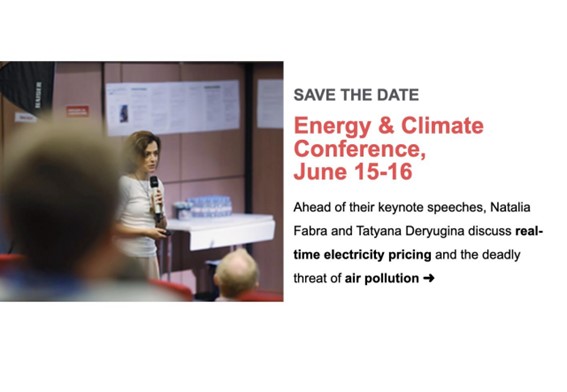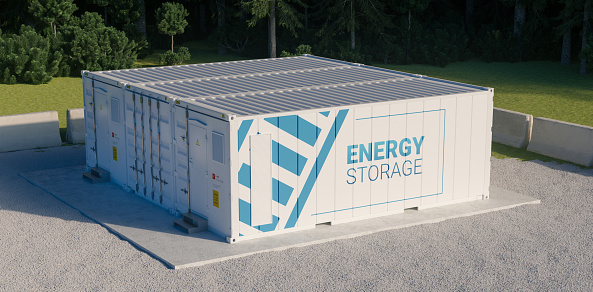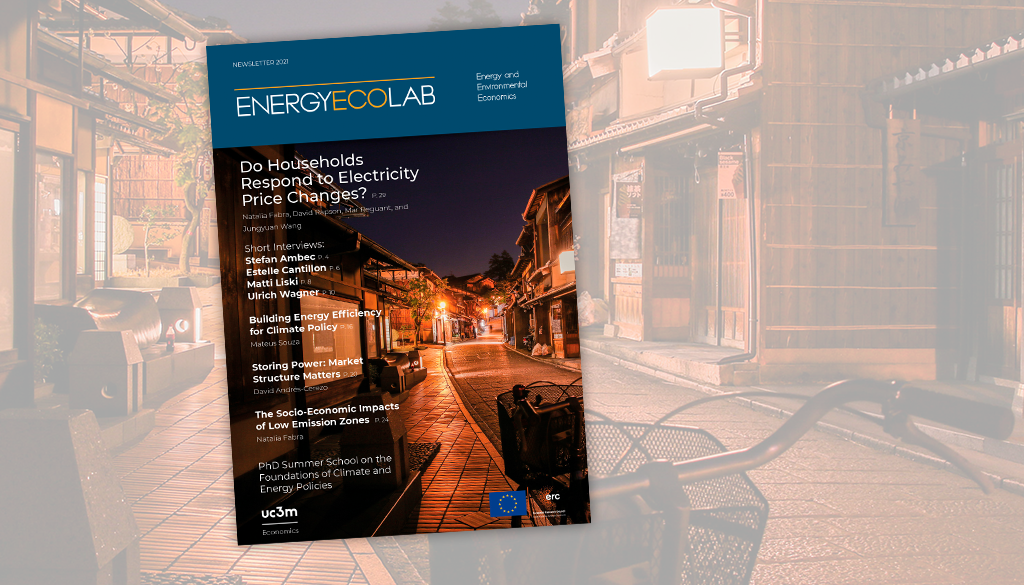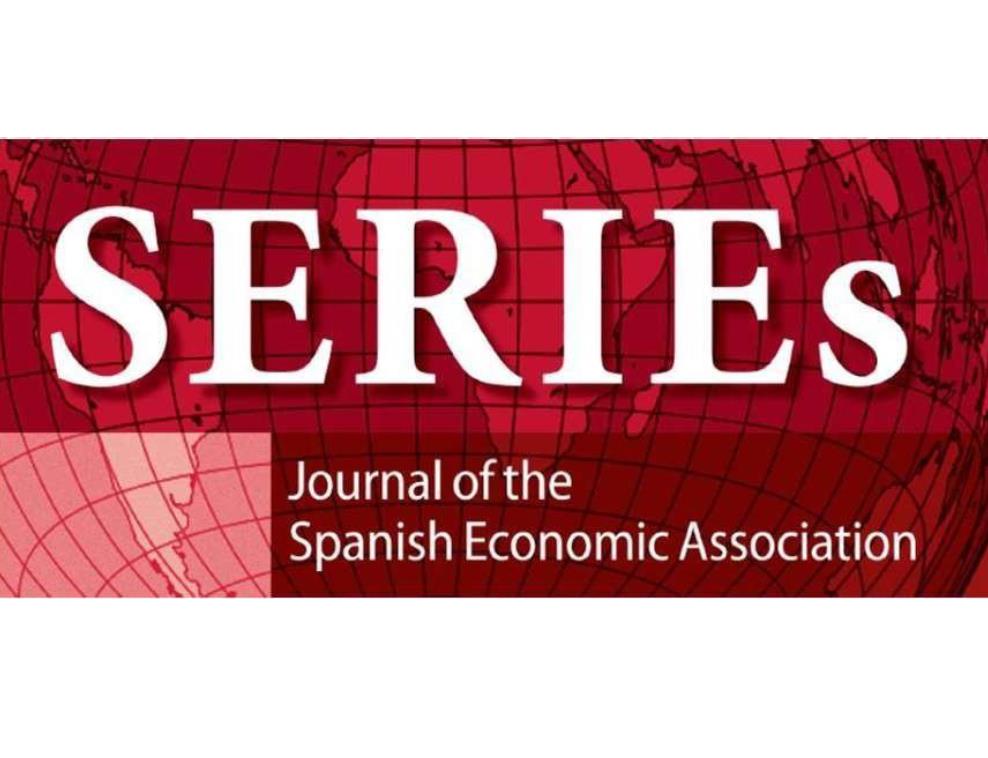Decarbonisation requires making fossil energy more expensive – that’s the whole purpose of carbon pricing. Well, here we have expensive gas & oil! Will this help the energy transition?
The answer is highly unclear. On the one hand, higher energy prices promote efficiency. On the other, it is now harder to add more price pressure to consumer bills. Furthermore, gas prices have pushed electricity prices up, so the relative price of low- carbon energy has not improved. Indeed, Higher electricity prices bring no good news for the environment as the Green Deal relies on electrification to decarbonize polluting sectors of the economy. They will delay very much needed investments in electric mobility, electric heat pumps, green hydrogen….
But, why is electricity becoming more expensive if only a small fraction of it is produced with gas? Or, why have electricity prices gone up much faster than costs, leading to huge transfers from consumers to electricity firms? It is these transfers, and not only the increase in gas prices, what is truly making electricity prohibitively expensive. By pegging electricity prices to gas prices, this market design is stopping the relative price of electricity from going down.
Carbon pricing has played a key role in power markets but inducing coal-to-gas switching. This is very clear in countries such as UK or Spain, where coal is almost out of the market…So, why are we seen coal back on track? Because despite the increase in carbon prices, gas prices have increased faster: in Europe, it is now cheaper to burn coal than to burn gas. The conclusion would then be: carbon prices should be even higher…but is there not a vicious circle by which higher coal prices trigger higher gas demand, which pushes gas prices up, bringing coal back?
Increasing carbon prices is certainly not innocuous. In the power sector, higher carbon prices are passed on to final prices. The increase is not proportional to the carbon content of electricity but to the emission rate of gas plants. Electricity consumers pay for carbon as if the carbon content of electricity was 3 times higher! Another consequence of this is that investments in renewables reduce the carbon content of electricity and yet (as long as gas remains the price-setting technology) consumers end up paying the same. If consumers do not benefit from low-carbon investments, support for the energy transition will be unlikely. Higher carbon prices also lead to higher rents for the non-emitting technologies. In some cases, these are pure transfers with no incentive effects: it is difficult (if not impossible) to increase nuclear and hydro capacity regardless of their high rents.
Will today’s high electricity prices push renewable investments, leading both to carbon abatement as well as to low electricity prices? Are these prices the pain we have to suffer to eventually reach carbon-free electricity? That is not clear… Investors care about future prices, not current prices, and they are aware that renewables will depress future electricity prices regardless how high prices are today. Furthermore, it is still under discussion whether it is optimal to expose renewables to wholesale price volatility, given that their costs are mostly fixed. Uncertainty over future prices (which are uncorrelated to their costs) increases capital costs and delaying investments, which will ultimately lead to higher prices for consumers.
Renewable auctions for long-term contracts have proved to be effective in fostering investments at low (and stable) prices. The recent renewable auction in Spain cleared at record lows (25€/MWh), 8 times lower than current spot prices. If these auctions are run by the regulator on behalf of consumers, these lower prices will benefit us all.
In sum, we do not have a problem with carbon pricing, but rather on how electricity market design translates it into higher prices to both clean and dirty electricity, to both contestable or non-contestable technologies. Furthermore, asymmetric taxation across energies is penalizing electricity viz à viz dirtier fuels. We pay a carbon price on electricity as if it was all produced with gas, while the carbon content of gas is carbon free-taxed. Who will replace their gas boiler with an efficient electric heat pump?
This calls for a policy that broadens carbon pricing to non-ETS sectors, puts in place targeted compensation mechanisms to avoid adverse distributional implications, and rethinks electricity market design so that we pay for the carbon content of electricity and no more.
These words have been extracted from Natalia Fabra’s discussion at the invited panel on “European & International Carbon Markets” of the Conference of the German Economic Association September 2021.
Slides available here.
Stefan Lamp, our new EnergyEcoLab member, presented also his work “Energy Tax Exemptions and Industrial Production” at this Conference. The slides can be found in this link.










